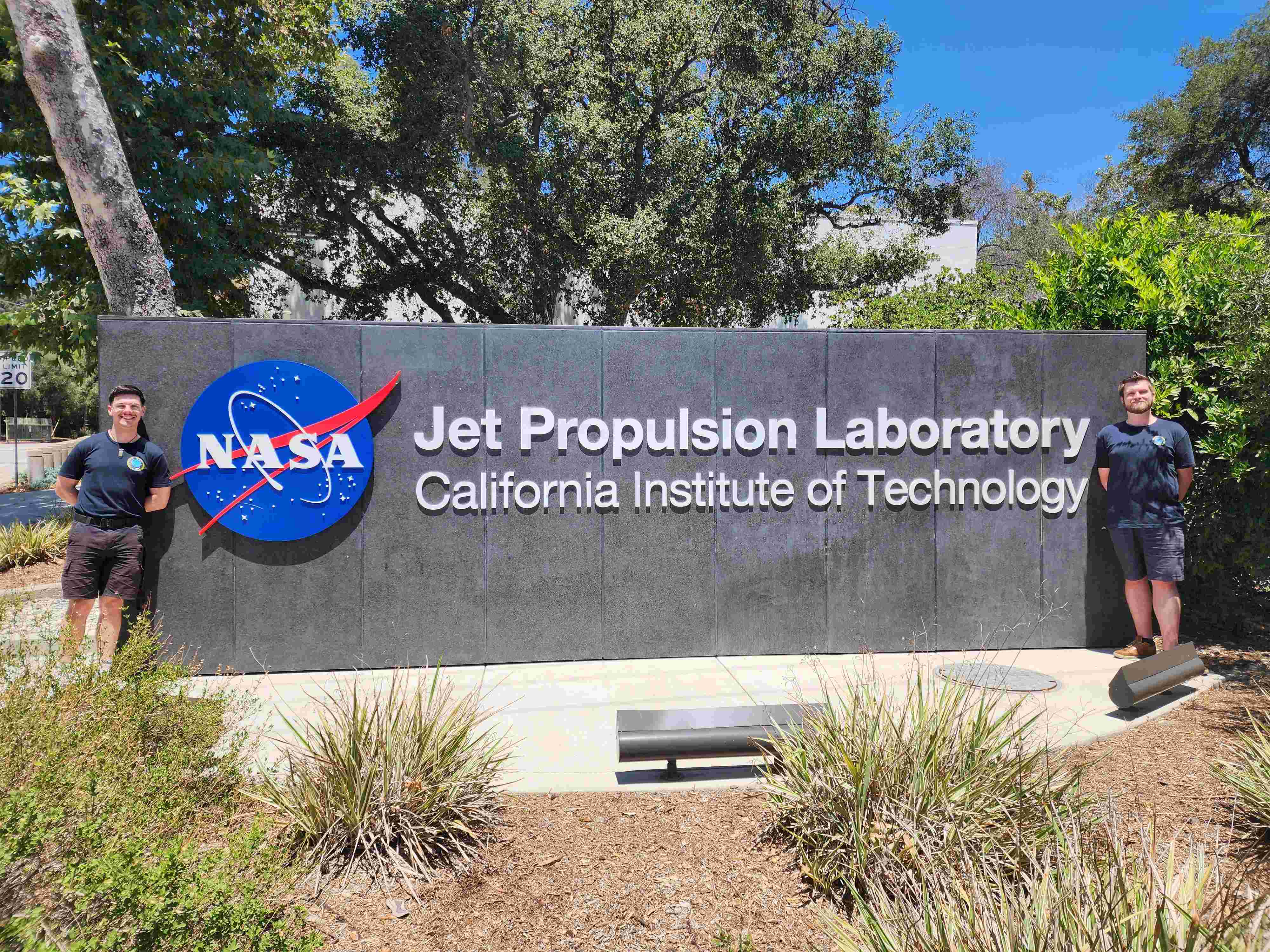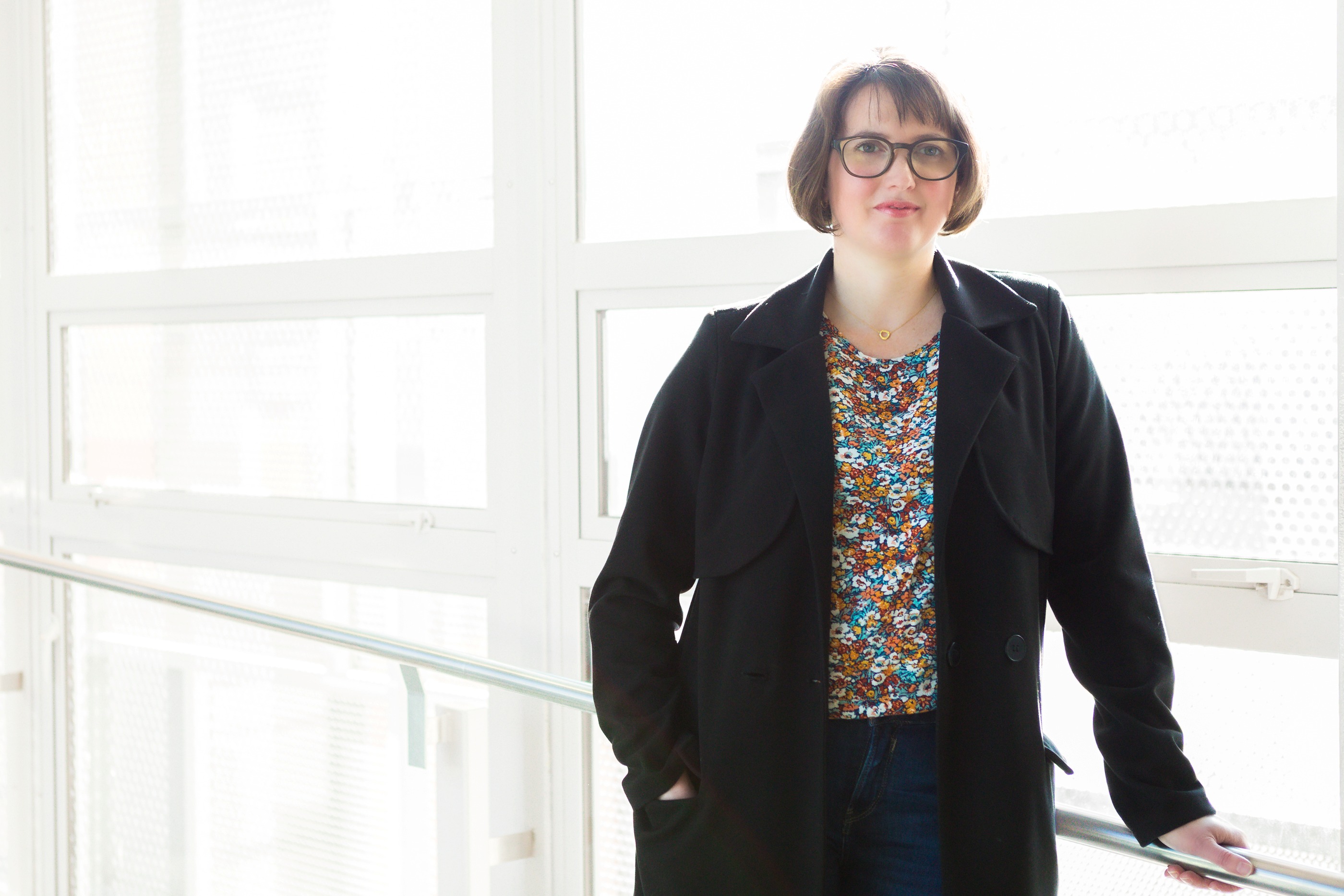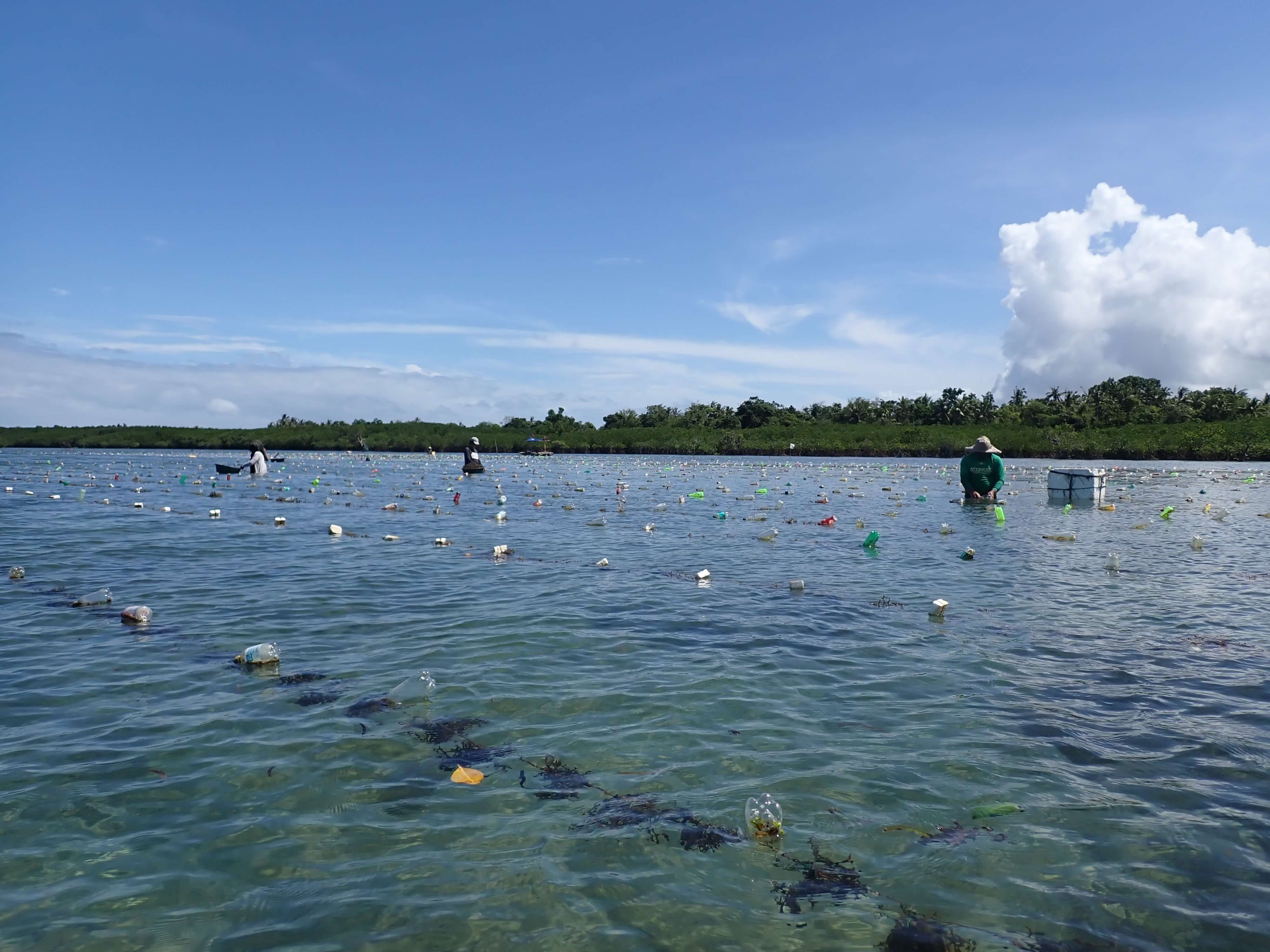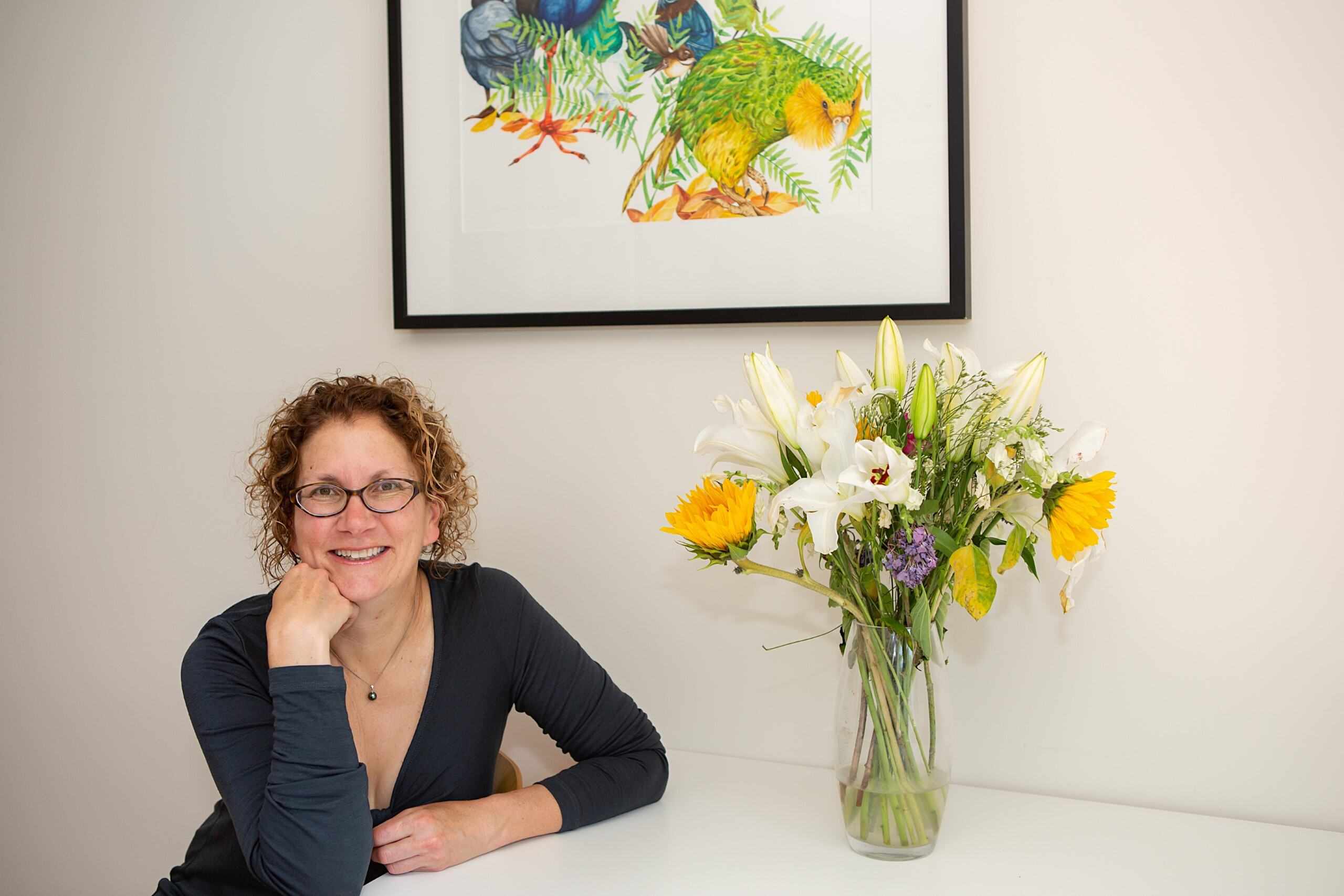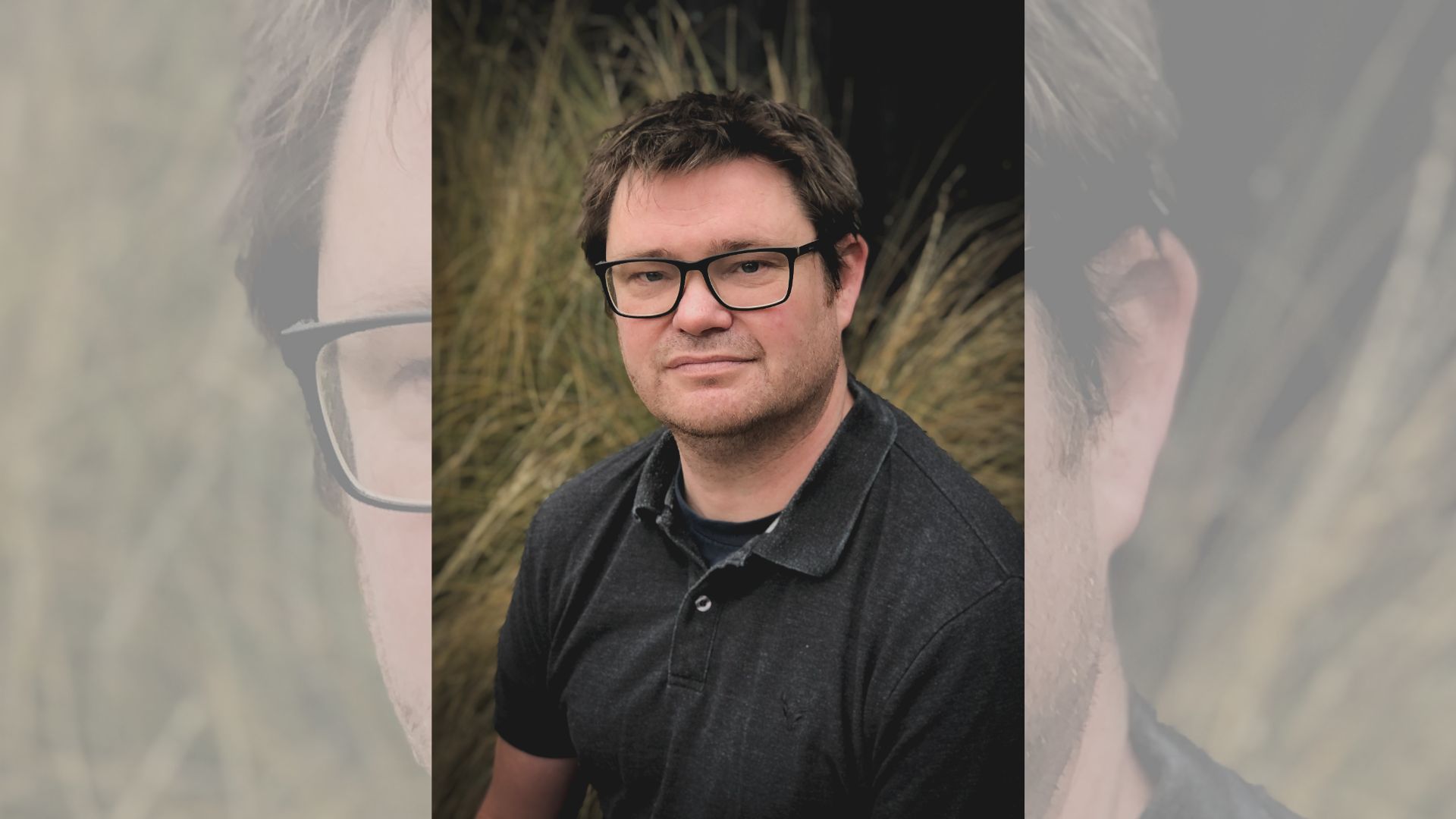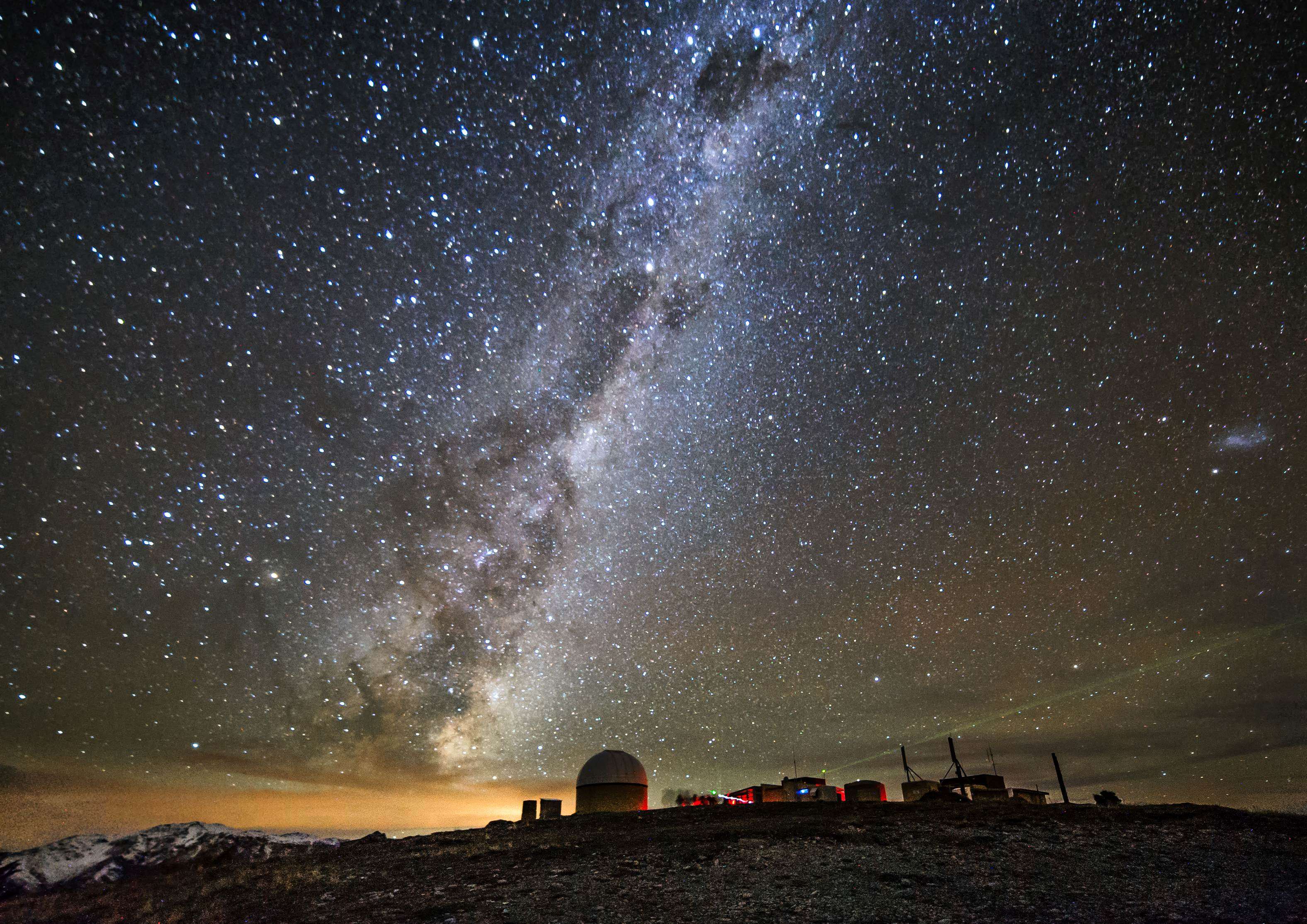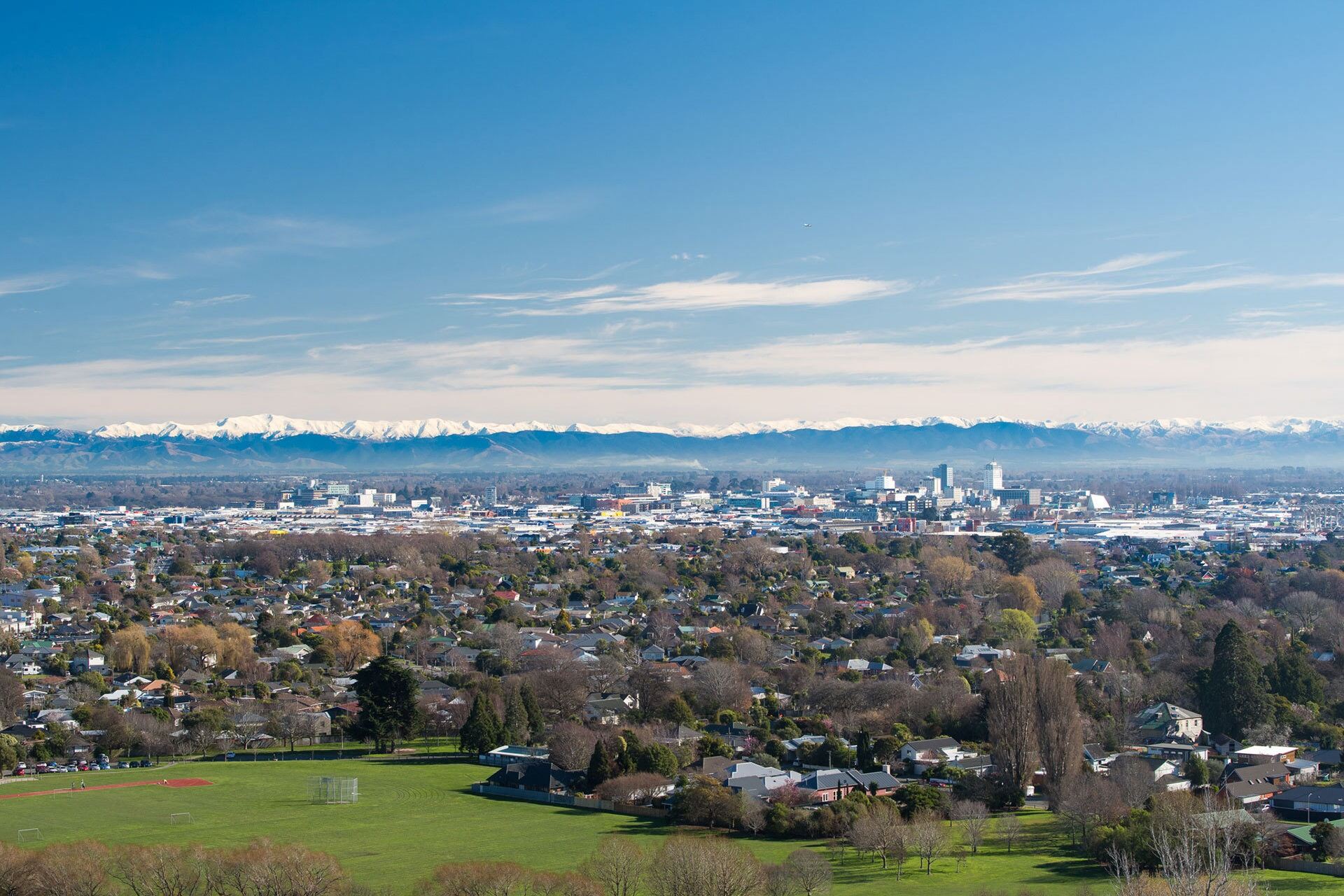The sector is working together to respond to the climate crisis and the need for urgent action, University of Canterbury’s Assistant Vice-Chancellor Engagement Brett Berquist says.
“The pandemic taught us that we can change quickly if we are sufficiently motivated. The challenge will be to maintain our more sustainable practices as the world resumes meeting in person and travel abroad.”
The University of Canterbury has signed up to the Climate Action Network for International Educators (CANIE) Accord, which was launched online on 21 April.
Dr Pii-Tuulia Nikula from Eastern Institute of Technology and Ailsa Lamont, Director and Founder at Pomegranate Global in Melbourne, and others co-founded CANIE to help create a more ecologically and socially just world through informed action.
Berquist was an early supporter of the initiative and a contributor at the COP26 Climate Action Week International Education Leaders Forum in November 2021 where the CANIE Accord was developed. The CANIE vision is to strive for a carbon-neutral and climate-literate international education sector by 2030.
While climate change demands action from every part of the university, international education has a particular role to play, he says. Aotearoa New Zealand offers a unique opportunity to advance this conversation with our national goal of carbon neutral by 2050, NZ government’s goal to be carbon neutral by 2030, and with all eight universities sharing carbon neutral objectives.
“International education has been a carbon-intensive sector in the past,” UC Pro-Vice Chancellor of Sustainability Professor Jan Evans-Freeman says. “However, we believe we can do better. We know that we must all take action to help keep global warming to well below 2 degrees, and preferably below 1.5 degrees, in line with the Paris agreement, for the future of our students and our planet.”
The Accord commits signatories to three principles: to take immediate action towards net zero carbon emissions, to collaborate, innovate and educate, and to develop climate solutions that advance social justice.
The sector will aim to meet students’ growing demand for higher education institutions, while prioritising climate action. Some of the specific actions proposed include measuring and reporting carbon emissions, procurement from sustainable suppliers, reducing emissions from staff travel without reducing student mobility, growing climate literacy and reducing waste.
“The CANIE Accord resonates with the University of Canterbury’s approach to sustainability. It offers a concrete path for international educators to engage with sustainability in a sector that is particularly carbon intensive and to identify the next steps in the journey,” Professor Evans-Freeman, says.
“We are already well advanced on the journey proposed by the Accord with clear plans to substantially reduce our overall carbon footprint by 2023.”
The CANIE COP26 Glasgow Paper: A Response from the International Education Sector to the Climate Emergency, known as the ‘Glasgow Paper’, provides context to the CANIE Accord and underlines the sector-wide alliance to reduce greenhouse gas emissions.
Read the Glasgow Paper here.
Find out more about UC’s sustainability journey here.


